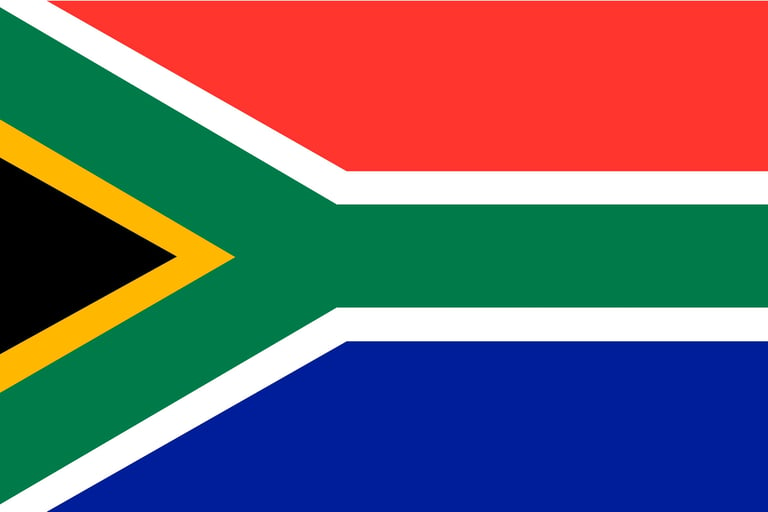By Edition8 News Staff
May 22, 2025
The chant "Kill the Boer" (or "Dubul' ibhunu" in Zulu) has been a source of significant controversy in South Africa, reflecting deep-seated tensions related to the nation's apartheid history and ongoing racial dynamics. Originally an anti-apartheid protest song, its resurgence in recent years has sparked debates over its interpretation and implications in a democratic South Africa.
"Dubul' ibhunu," translating to "shoot the Boer," emerged during the apartheid era as a rallying cry against the oppressive Afrikaner-led government. The term "Boer" refers to white Afrikaans-speaking farmers, and the chant symbolized resistance to their role in the apartheid system. After the end of apartheid, the song was largely abandoned, but it resurfaced in the 2000s, notably when Julius Malema, leader of the Economic Freedom Fighters (EFF), revived it at political rallies.
The revival of the chant has led to legal challenges. In 2011, a South African court ruled that Malema's performance of the song constituted hate speech, as it was deemed derogatory and dehumanizing to the Afrikaner community. However, in 2022, the Equality Court overturned this decision, stating that the song, in its context, did not constitute hate speech and was protected under freedom of expression. This ruling highlighted the complexities of balancing free speech with the potential for incitement to violence.
The song's resurgence has been met with criticism from various quarters. Opponents argue that it perpetuates racial divisions and undermines efforts toward national reconciliation. Supporters contend that it serves as a reminder of the struggles against apartheid and a call for addressing ongoing economic disparities.
Internationally, the chant has attracted attention and criticism. In 2025, U.S. President Donald Trump cited the song as evidence of anti-white sentiment in South Africa, leading to a suspension of U.S. aid and the granting of refugee status to select white South Africans. This move was met with skepticism by South African officials, who argued that it misrepresented the situation and ignored the broader context of land reform and economic inequality.
The "Kill the Boer" chant encapsulates the complexities of South Africa's post-apartheid identity. While it originated as a symbol of resistance against oppression, its contemporary use raises questions about the balance between honoring historical struggles and fostering a unified, inclusive society. As South Africa continues to grapple with its past, the debate over this chant underscores the challenges of reconciling freedom of expression with the need for social cohesion and respect for all communities.



